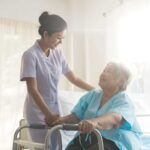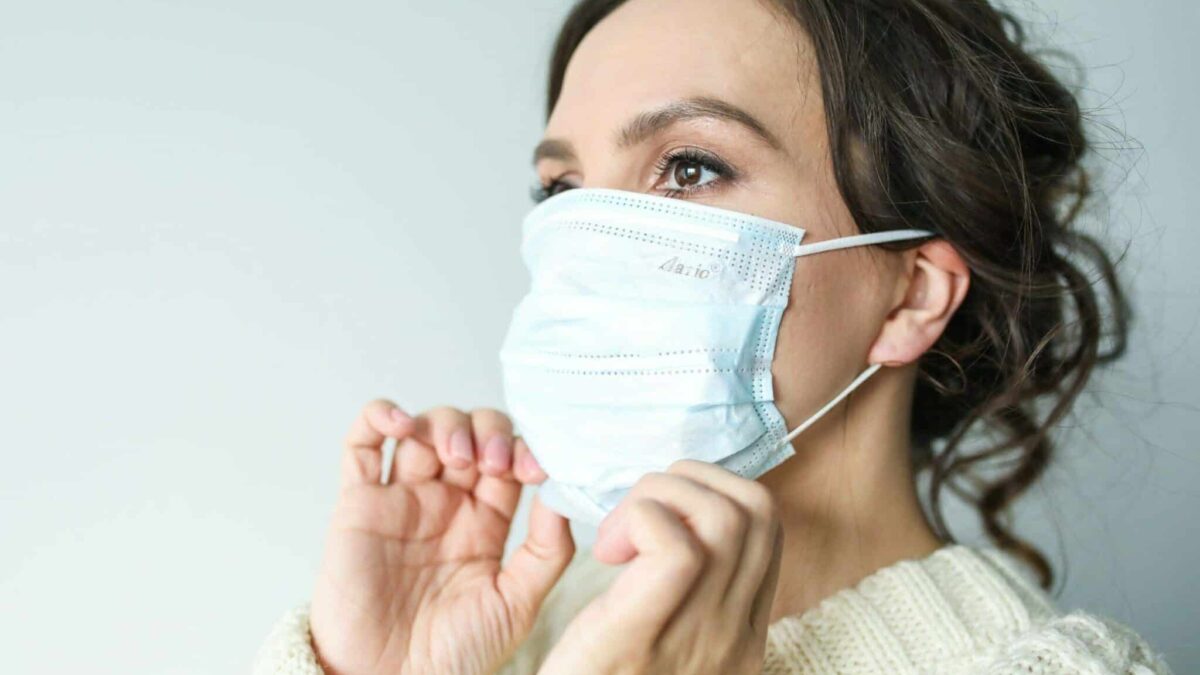
The Importance of Vitamin C for Seniors
March 27, 2020
Home Care Challenges During the Coronavirus Crisis
April 3, 2020As the number of coronavirus cases grows in the U.S., public health experts are trying to slow the spread and contain the outbreak of the virus through encouraging everyone to practice good hygiene, social distancing, self-quarantine, and isolation when possible.
The majority of people who were infected with the coronavirus experienced mild symptoms, but the virus can be dangerous to elderly people as their immune system weakens with age or people with underlying medical conditions. That’s why it’s important to prevent this virus from spreading, or at least slow it down so that a number of people who require medical attention do not overwhelm the hospitals.
The Centers for Disease Control and Prevention warns that older adults, especially those with pre-existing medical conditions, are at highest risk for contracting the virus. During this quarantine, many seniors might feel helpless and isolated, and this is the time where family and friends should reach out to help them adjust to this situation. Phone calls or technology such as video calling can help keep in touch.
Symptom Awareness
If you’re experiencing coronavirus symptoms (whether having fever, coughing, or shortness of breath), call your doctor or local health department to help you decide what you should do and determine if testing is needed.
If you develop any warning signs for the virus, like difficulty breathing, chest pressure, persistent pain, or any other severe symptom, you must get medical attention immediately.
Protect Yourself and Others
The Centers for Disease Control and Prevention CDC states that “the virus is thought to spread mainly from person to person though the respiratory droplets produced when an infected person coughs or sneezes. These droplets can land in the mouths or noses of people who are nearby. The best way to prevent illness is to avoid being exposed to this virus.”
Here are some additional recommendations from CDC to protect yourself and others:
- Wash your hands often with soap for at least 20 seconds
- If water and soap are not readily available use a 60% alcohol hand sanitizer, cover all surfaces of your hands and rub them together until they feel dry
- Avoid touching your eyes, nose, and mouth with unwashed hands
- Put distance between yourself and other people
- Avoid close contact with people who are sick
- Cover your mouth and nose with a tissue when you cough or sneeze or use the inside of your elbow
- Stay home if you are sick
- Wear a facemask if you are sick
- Clean AND disinfect frequently touched surfaces daily




